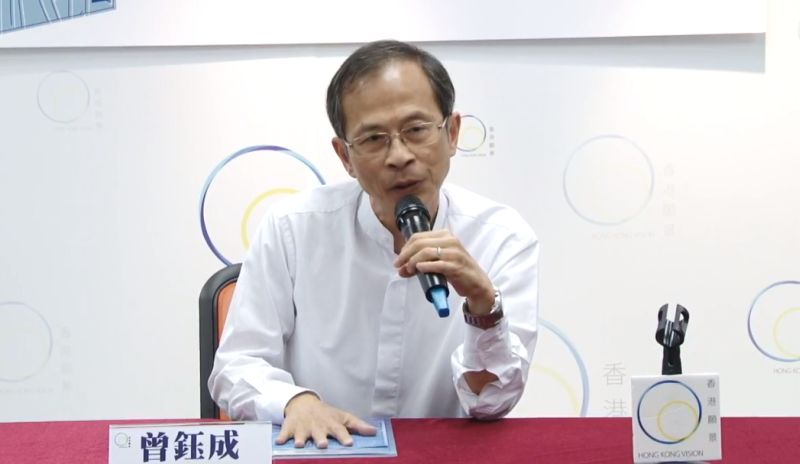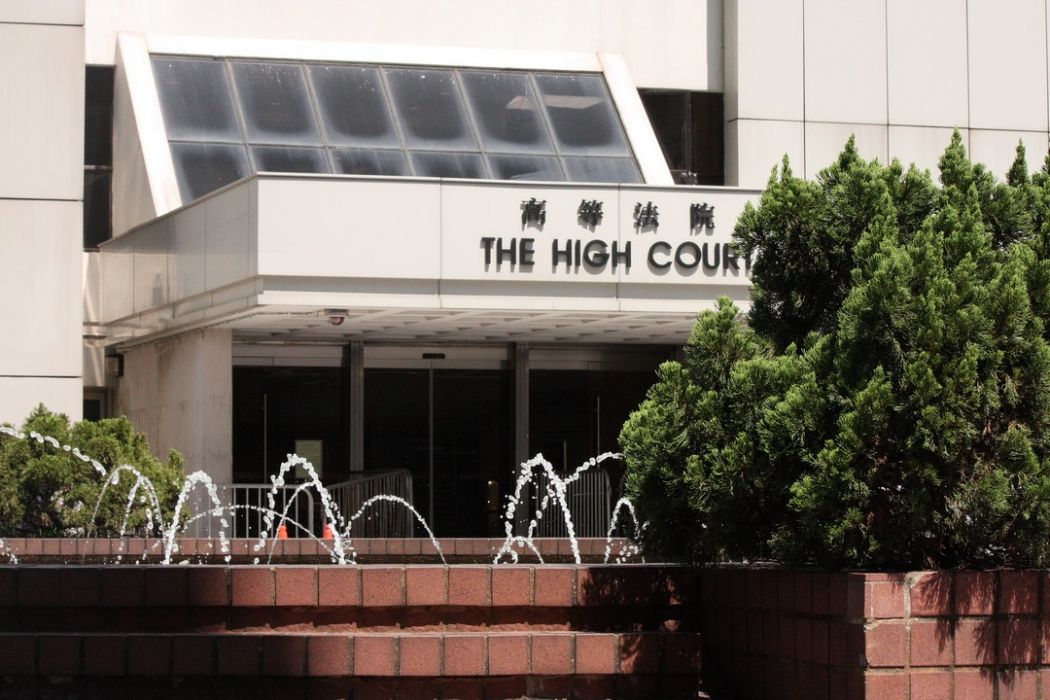A Hong Kong think tank has suggested that Hong Kong should set up dedicated courts to handle judicial reviews, and says that more foreign judges should be hired to oversee them.
Between 2011 and 2016, the number of applications for leave for judicial review increased from 103 to 228. However, only ten per cent of judicial reviews – including those which failed at the leave application stage – successfully challenged the legality of executive decisions.
Hong Kong Vision, launched by former Legislative Council president Jasper Tsang, suggested that the government may refer to the practice of the UK courts and set up a specialist court for judicial review cases. Specialised judges may be appointed to handle all such applications.

Chan Chak-ming, a lawyer and honorary researcher at the think tank, said the courts face a huge amount of pressure because of the increased work.
“There is a lack of manpower, as judges – who were usually responsible for criminal cases – were asked to hear judicial reviews,” he said.
He said that the government won judicial reviews challenging infrastructure projects such as the Hong Kong-Zhuhai-Macao Bridge, Central–Wan Chai Bypass, and the third runway at the airport, but they have caused delays and added costs of more than HK$10 billion.
The proposed plan for a specialised court would cost an estimated HK$10 million each year, according to the think tank.
“Compared to the extra costs caused by delays, this annual expenditure is not huge,” Chan said.
But he also said it was not the think tank’s intention to examine whether there was an abuse of the judicial review system.

Speeding up process
The think tank said that a High Court judge specialised in judicial review cases should be appointed as the president of the Judicial Review Court, who would be responsible for reviewing all applications and allocating cases to suitable specialised judges.
Other judges at the court should be High Court judges experienced in judicial review cases – this may include specialised judges recruited from foreign jurisdictions.
“There is no need to worry that foreign judges do not understand the situation of Hong Kong – they will mainly look at the facts and express their views in accordance with the law,” Jasper Tsang said.
The court may also set up specialised courts like a Constitutional Court and Planning Court to handle specific types of application.

Hong Kong Vision also suggested that – to speed up the process – courts would not need to conduct oral hearings at the leave stage. Courts could conduct combined oral hearings for leave applications, and the full hearings, on the same day.
Another suggestion was to relax restrictions on “leapfrog” appeals so that some cases can directly go to the Court of Final Appeal, whenever it is agreed by both parties.
